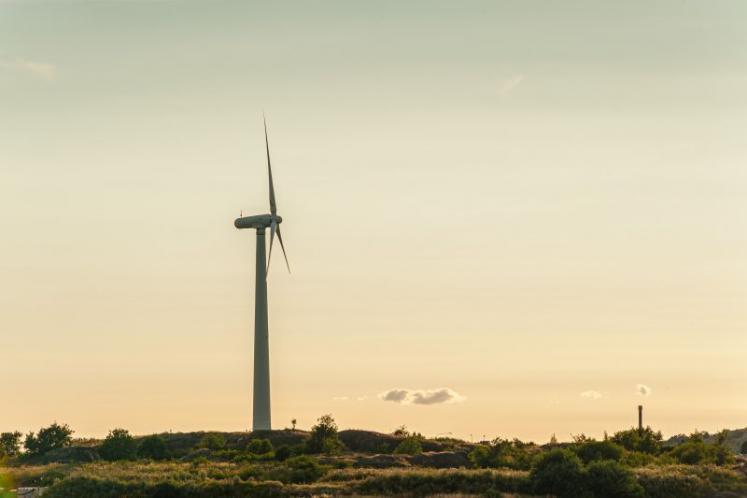Putting Regions on Track for Carbon Neutrality by 2050

This report is the result of the roundtables that were conducted in the 11 partner countries of the C-Track 50 project on multi-level governance and challenges faced by long term policy and energy planning.
D2.5: Recommendations on national energy priorities in the eleven participating countries
This Deliverable has been prepared under Work Package 2 (Formulating recommendations on national energy policy priorities for 2050 and fostering multi – level cooperation and governance). It provides information about national long-term energy and climate policy priorities, indicates bottom-up recommendations on targets, priorities and actions for 2050 and sets recommendations for multi - level governance improvements in each project country.
This document has been elaborated by the leader of Task 2.3, Rīga planning region (RPR), in cooperation with the project partners in each country.
This report starts with the description of the national energy planning, including the synopsis of the energy planning process and a description of the national policy plans for energy and climate in place for each country. Next, the report provides an overview of bottom-up recommendations on targets, priorities and actions for 2050 in four sectors: buildings & infrastructure sector, transport, agriculture and waste. The recommendations have been discussed and validated in three national roundtables held at each country level, with the participation of regional and national level stakeholders. Finally, the report provides recommendations for each project partner country regarding multi-level governance and collaboration models at sub-national levels in order to support ambitious long-term energy and climate targets.
Some of the key conclusions from the recommendations outlined in the following sections regarding planning for energy and climate till 2030, as well as 2050, include the following:
- Buildings and Infrastructures, and especially the refurbishments needed in the existing building stock, in order to move towards nZEB, remain the core focus of action for all 11 countries. Relevant recommendations concern: the capacity building of workers to conduct these renovations; financial and taxation incentives provided; harmonisation of the methodologies to calculate and monitor on a bottom up basis the achieved savings; connection of the buildings to district heating networks running on Renewable Energy Sources (RES); renovation of public buildings with up to date technologies and activation of the energy manager, who although has been legislated in many countries, remains dormant in principle; pre-installation of chargers for electric vehicles in all newly erected buildings; promotion of the use for solar and other RES; specific measures to address energy poverty; upgrade of street lighting.
- Transport is an equally significant sector for action towards the low carbon transition. As someone would anticipate the majority of the planned actions focus on the promotion of electric vehicles, as well as modal shift towards other, less carbon intensive ways. The recommendations resulting from the roundtables include: CO2 taxation system, financial, tax and traffic related incentives provided; specific measures to promote modal shift and encourage car-pooling, car sharing etc.; improvement of charging infrastructure, so that each municipality has a charging station; promotion of the use of clean fuels; emphasis and specific incentives for categories of vehicle owners, such as freight transport, taxis etc.; improvement of the road network.
- Agriculture (…)
- Waste (…)
Additional documents
News published on Build Up Publications
Consult the source



